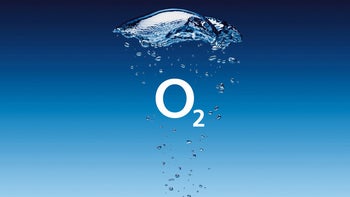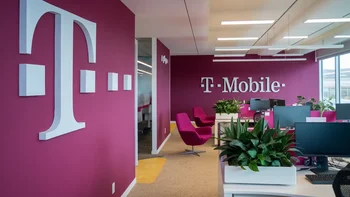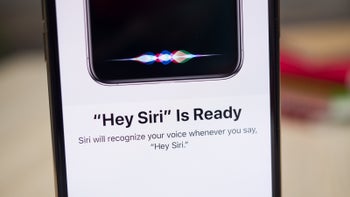O2 to become UK's first carbon neutral mobile network by 2025

Companies worldwide have been implementing big changes in recent years to improve their sustainability. Telefonica-owned O2 has been leading efforts in the UK and has today announced plans to become the first ‘net zero’ mobile network in the country by 2025.
The most popular mobile network provider is aiming to remove carbon emissions from every aspect of its business, including every store, office, and mast across the UK. CEO Mark Evans said the company wants “to go further and faster, setting the bar in our industry to tackle climate change and build the greenest network for our customers.”
O2 says it will work with suppliers, partners, and customers to ensure its ambitious targets are met. The company’s also planning a collaboration with the Telefonica group to improve their supply chain sustainability and will look into ways mobile tech can help other industries achieve sustainability goals.
These latest efforts build upon O2’s previous commitments. It has invested £400 million in renewable energy sources over the past decade, implemented the O2 Recycle scheme which has prevented more than three million devices reaching landfills, and saved more than 20,000 tonnes of emissions by allowing staff to work from home.
To compare, Sky hopes to achieve net zero carbon by 2030 and EE parent company BT doesn't expect to reach the target until 2045. Virgin Media, on the other hand, is happy to wait until 2050.
The most popular mobile network provider is aiming to remove carbon emissions from every aspect of its business, including every store, office, and mast across the UK. CEO Mark Evans said the company wants “to go further and faster, setting the bar in our industry to tackle climate change and build the greenest network for our customers.”
These latest efforts build upon O2’s previous commitments. It has invested £400 million in renewable energy sources over the past decade, implemented the O2 Recycle scheme which has prevented more than three million devices reaching landfills, and saved more than 20,000 tonnes of emissions by allowing staff to work from home.
Several upgrades to the network itself have also been introduced to save power. This includes an automatic reduction in capacity during periods of low demand to save over 6,000 megawatt hours of energy.
To compare, Sky hopes to achieve net zero carbon by 2030 and EE parent company BT doesn't expect to reach the target until 2045. Virgin Media, on the other hand, is happy to wait until 2050.















Things that are NOT allowed: